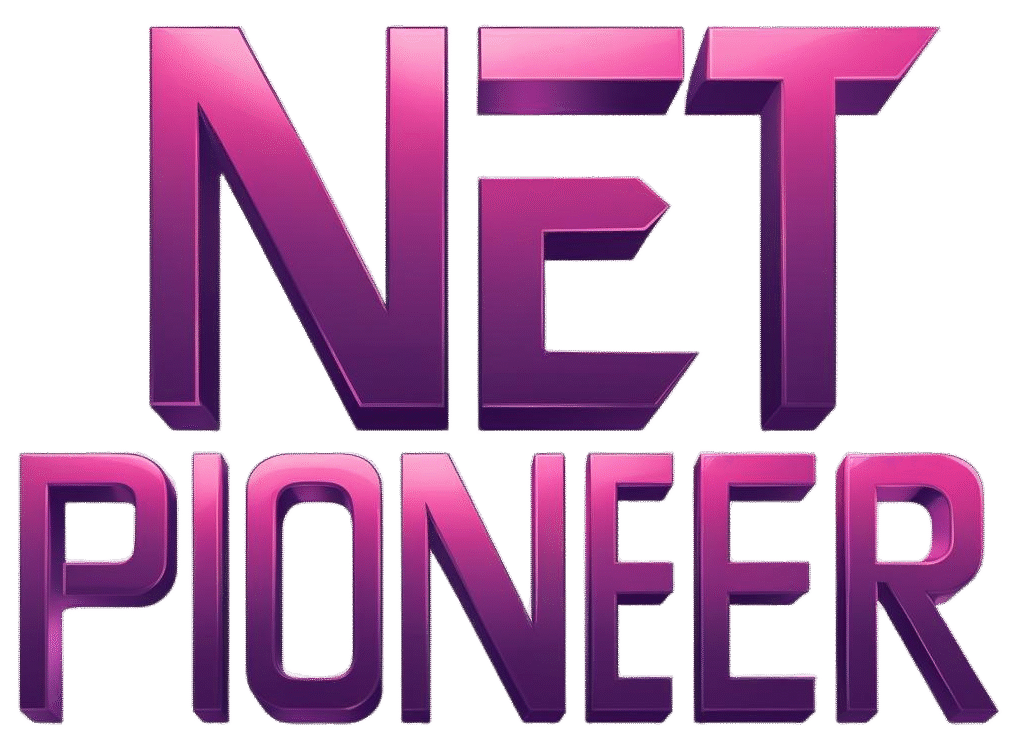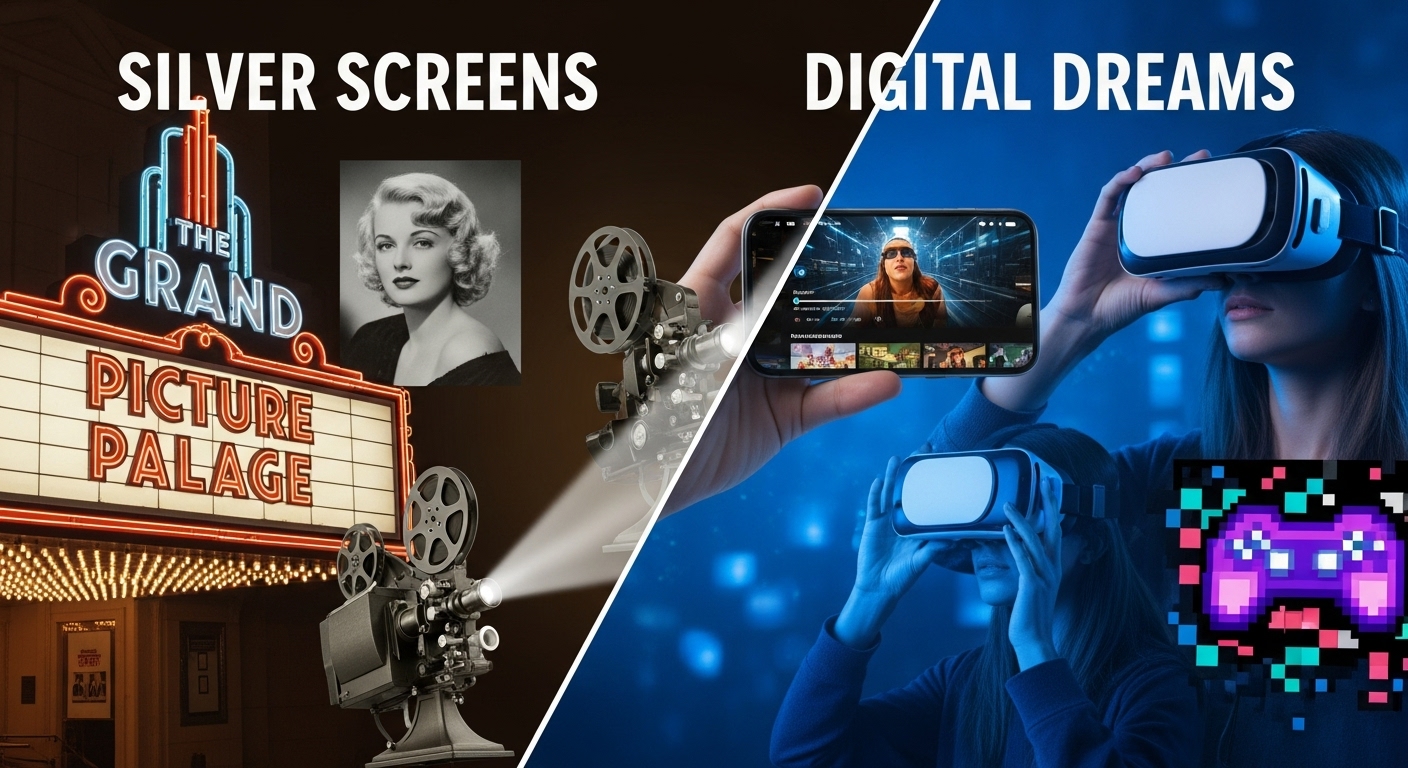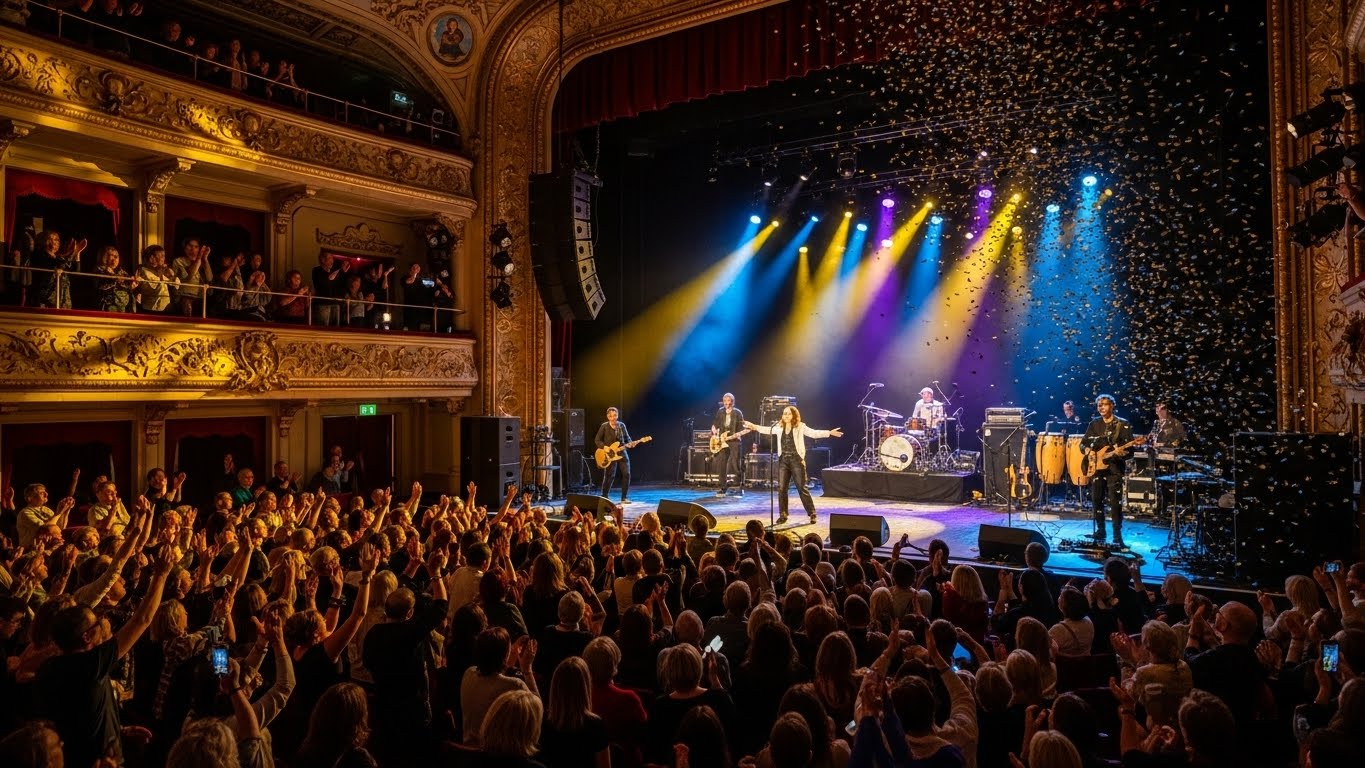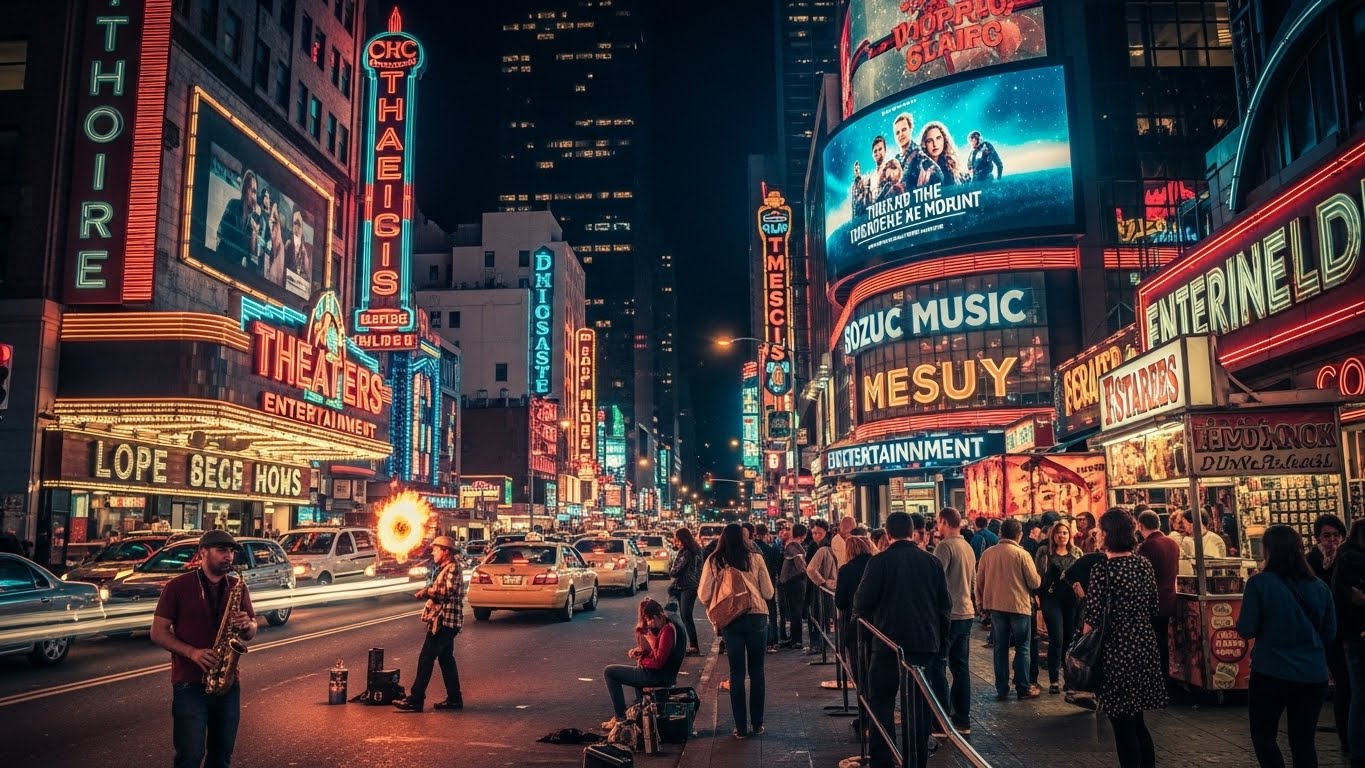Entertainment is one of the most dynamic and influential aspects of human life. From the early days of storytelling around the fire to today’s digital age of immersive experiences, entertainment continues to shape culture, influence trends, and offer an escape from the everyday. Its evolution reflects changes in technology, societal norms, and human creativity, and its impact reaches across every corner of the globe.
In this blog, we will explore the fascinating world of entertainment, examining its history, modern trends, the role of technology, and the psychological and cultural significance that makes it a cornerstone of human society.
A Brief History of Entertainment
Entertainment has been a part of human civilization for millennia. Ancient societies used storytelling, music, dance, and theatrical performances to convey cultural values, record history, and provide amusement. In Ancient Greece, theatrical plays were not just a source of enjoyment but also a medium to explore philosophical and moral themes. Similarly, in ancient India, classical dance and drama were integral to religious and social rituals.
As civilizations evolved, so did forms of entertainment. The Roman Empire popularized gladiatorial games and chariot races, emphasizing spectacle and grandeur. During the Middle Ages, courtly performances, traveling minstrels, and folk theater entertained both royalty and commoners, often serving as social commentary or moral instruction.
The Renaissance brought a flourishing of arts and culture, giving birth to modern theater, classical music compositions, and intricate visual arts. By the 19th century, the Industrial Revolution created opportunities for mass entertainment, including cinema, amusement parks, and serialized literature, making entertainment more accessible to the general population.
Modern Entertainment: An Explosion of Choices
Today, entertainment spans an unprecedented variety of mediums. Cinema, television, music, video games, streaming services, live performances, and digital content compete for audiences’ attention. Each platform has its own unique characteristics, offering experiences tailored to different tastes and preferences.
Cinema and Television
Cinema has long been considered one of the most powerful forms of storytelling. Blockbuster films attract global audiences, while independent films push artistic boundaries and explore nuanced themes. Television, meanwhile, has evolved from a one-size-fits-all model to a highly personalized experience. With the rise of on-demand streaming platforms, viewers now have the freedom to choose what, when, and how they consume content.
Television series, in particular, have seen a renaissance. Long-form storytelling allows for deep character development, complex plotlines, and immersive worlds, rivaling even the most intricate novels. This shift has blurred the line between cinema and television, creating what some call the “Golden Age of TV.”
Music and Performing Arts
Music remains a universal language that transcends borders and cultures. Today, genres blend more than ever, creating fusion styles that appeal to diverse audiences. From pop and rock to jazz, hip-hop, electronic, and classical, music offers both entertainment and emotional resonance.
Live performances, from concerts to theater and dance, provide unique communal experiences. Despite the rise of digital consumption, the energy and immediacy of live entertainment remain unmatched. Festivals, tours, and stage productions continue to attract millions, proving that people still crave shared experiences in the digital age.
Video Games and Interactive Media
The entertainment landscape has expanded significantly with video games. Once considered a niche hobby, gaming is now a major cultural force. Modern games offer immersive narratives, sophisticated graphics, and interactive gameplay that rival traditional forms of storytelling. Competitive gaming, or esports, has also emerged as a spectator sport, drawing massive audiences both online and in arenas worldwide.
Interactive media, including virtual reality (VR) and augmented reality (AR), pushes the boundaries of entertainment further. By blending digital experiences with physical reality, these technologies offer new ways for audiences to engage and participate in the stories being told.
The Impact of Technology on Entertainment
Technological advancements have revolutionized how entertainment is created, distributed, and consumed. The shift from analog to digital has democratized content production, allowing independent creators to reach global audiences without the backing of major studios.
High-speed internet and mobile devices have transformed content consumption. Streaming platforms offer instant access to movies, music, and games, eliminating traditional barriers like geographic location or time constraints. Social media has become both a platform for entertainment and a tool for promotion, enabling artists and creators to connect directly with fans.
Artificial intelligence (AI) is also beginning to influence entertainment. AI-driven music composition, video editing, and even storytelling algorithms are redefining what is possible. While some worry about automation replacing human creativity, others see AI as a collaborator that expands artistic potential.
Entertainment and Society
Entertainment is more than just leisure; it reflects and shapes societal values. Films, music, and literature often address contemporary issues, challenge norms, and spark dialogue. Satire, for example, critiques politics and social behavior, while drama explores human emotions and relationships in ways that encourage empathy and understanding.
Additionally, entertainment fosters community and identity. Fans of a particular genre, franchise, or artist form subcultures and social networks, sharing experiences and passions. From comic conventions to online forums, these communities create a sense of belonging that extends beyond the screen or stage.
Entertainment also has educational and therapeutic value. Documentaries inform and inspire, while music and games can improve cognitive skills, reduce stress, and provide emotional catharsis. The interplay between amusement, learning, and emotional engagement highlights the multifaceted power of entertainment in human life.
Trends Shaping the Future of Entertainment
The future of entertainment is being shaped by innovation, globalization, and audience demands. Several key trends are likely to dominate in the coming years:
Personalized Content
Algorithms and data analytics allow platforms to offer personalized recommendations based on individual preferences. This trend is reshaping how people discover music, movies, and shows, making the entertainment experience more tailored and engaging.
Immersive Experiences
VR, AR, and mixed reality are creating new forms of immersive storytelling. From interactive theater to fully virtual worlds, audiences can now participate in narratives in ways previously unimaginable.
Cross-Media Franchises
Franchises that span multiple media—films, TV series, books, games, and merchandise—are becoming increasingly popular. This approach builds expansive universes that keep fans engaged over years or even decades, creating cultural phenomena with enduring appeal.
Social Media and Short-Form Content
Platforms that prioritize short, easily consumable content, like short videos and memes, are influencing entertainment trends. They cater to decreasing attention spans while fostering creativity and virality.
Sustainability and Ethical Considerations
Audiences are becoming more conscious of ethical issues in entertainment, including representation, diversity, and environmental impact. Content creators and producers are increasingly expected to address these considerations in their work.
The Psychological Power of Entertainment
Entertainment plays a vital role in human psychology. It offers escapism, allowing individuals to temporarily step away from stress and daily routines. Engaging with stories, music, or games can evoke strong emotional responses, from joy and excitement to sadness and empathy.
Entertainment also fosters social connection. Shared experiences, whether attending a concert or discussing a TV series online, strengthen bonds between individuals and communities. Even solitary activities, like reading or gaming, often connect people through online networks, competitions, or fan communities.
Moreover, entertainment can inspire personal growth. Stories of resilience, adventure, and creativity motivate individuals, while music and art can serve as a form of emotional expression and self-discovery. The psychological impact of entertainment is profound, touching every aspect of mental and emotional well-being.
Challenges in the Entertainment Industry
While the entertainment world thrives, it faces several challenges. Piracy and copyright infringement continue to threaten revenue streams for creators. Over-saturation of content makes it difficult for new artists to stand out, and the constant demand for innovation can lead to burnout among creators.
Additionally, the rise of digital media has shifted traditional revenue models. Box office sales, physical music albums, and broadcast television no longer dominate, forcing industries to adapt to subscription-based or ad-supported platforms.
Another challenge is maintaining authenticity and quality amid the push for mass appeal. The pressure to cater to algorithms, trends, or viral potential can sometimes compromise artistic vision, leading to homogenized content.
The Enduring Appeal of Entertainment
Despite challenges, entertainment endures because it fulfills a fundamental human need: the desire for connection, emotion, and imagination. Whether through the thrill of a live performance, the immersion of a video game, or the shared excitement of a blockbuster film, entertainment offers experiences that are both personal and communal.
Its power lies in its diversity. It can be lighthearted or profound, simple or complex, passive or interactive. It adapts to technology, culture, and audience expectations, ensuring its relevance across generations. In every form, entertainment continues to inspire, provoke, and delight.
Conclusion: Celebrating Entertainment in All Its Forms
Entertainment is more than just fun—it is a reflection of humanity’s creativity, curiosity, and emotional depth. From ancient storytelling to cutting-edge digital experiences, it continues to evolve, bridging cultures, generations, and technologies. It offers joy, challenges perceptions, strengthens social bonds, and provides a space for imagination to flourish.
As audiences, creators, and innovators navigate this ever-changing landscape, one thing remains certain: entertainment will continue to shape lives, spark conversations, and inspire dreams. In celebrating entertainment, we celebrate the essence of human expression itself.



